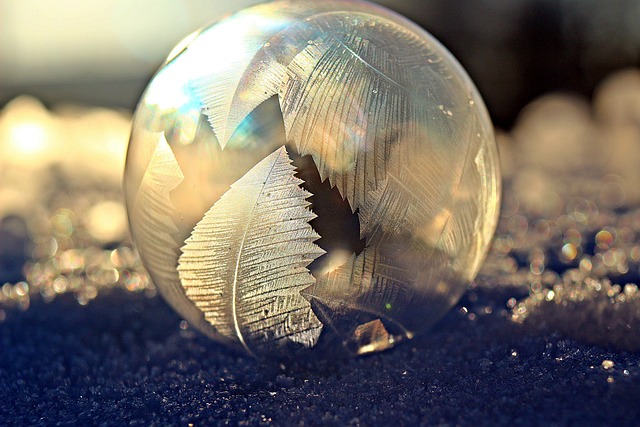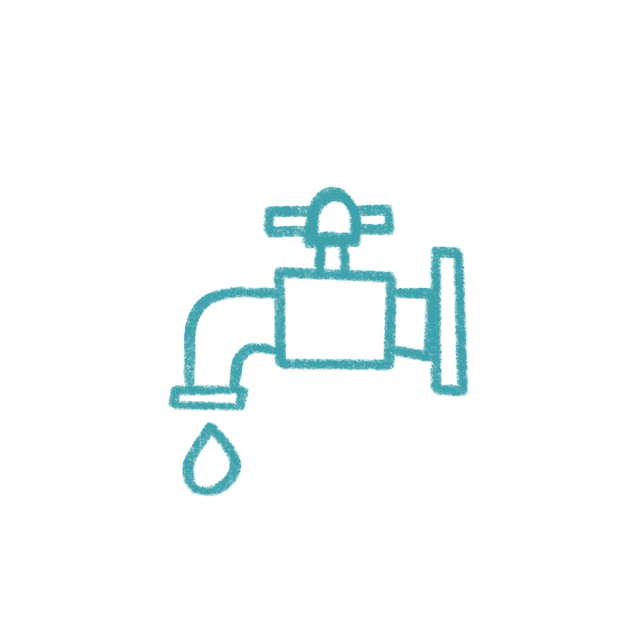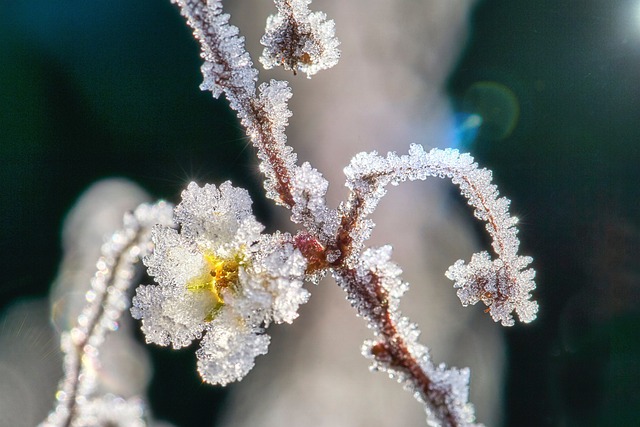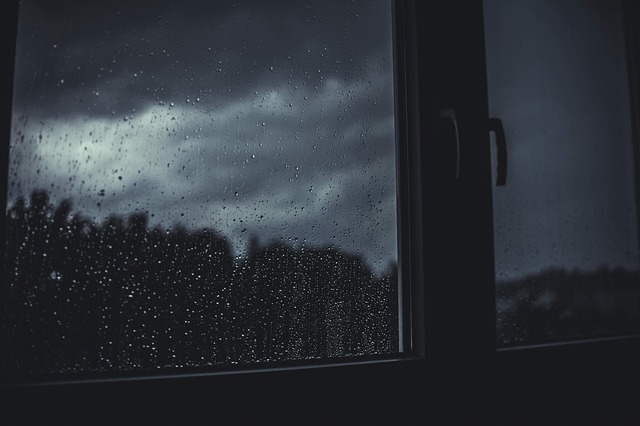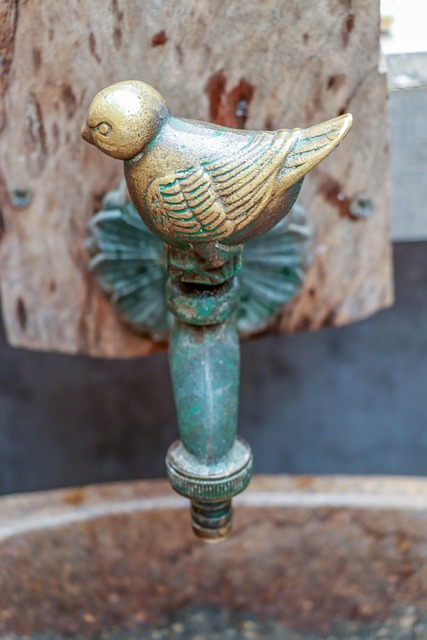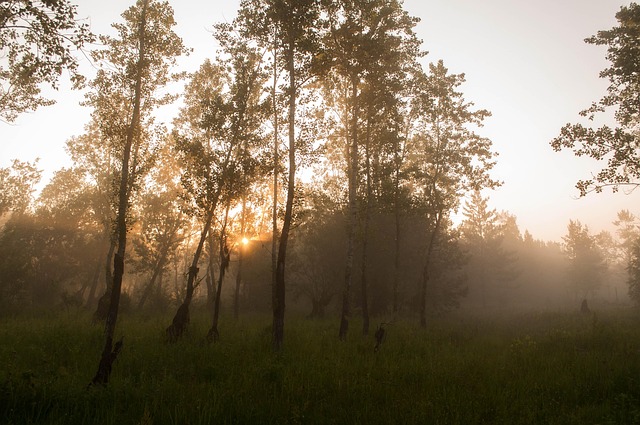In cold weather, fluctuating temperatures and heavy rainfall can severely affect outdoor plumbing by freezing pipes, causing corrosion, and leading to bursts. To prevent these issues, seasonal maintenance is crucial. This includes regular inspections, insulating exposed pipes, clearing drainage systems, and applying protective coatings or heat tape. These measures safeguard outdoor plumbing from the elements, ensuring its longevity despite changing seasons and humidity effects from melting snow.
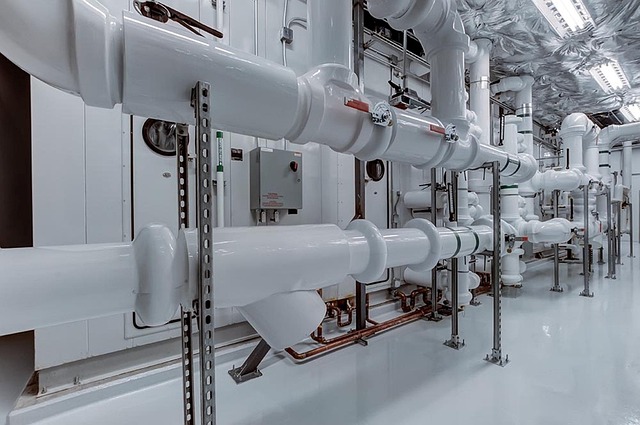
In cold weather, snow accumulation can put a unique strain on outdoor plumbing fixtures due to several factors, including temperature fluctuations and heavy rainfall impact. As snow builds up, it can act as an insulator around pipes, causing them to freeze and expand, potentially leading to damage if not properly prepared for. The sudden thawing during warmer spells can also cause pipes to burst, exacerbating the issue. Additionally, the increased humidity effects from melting snow can accelerate pipe corrosion, particularly in older fixtures or those made of vulnerable materials.
Seasonal maintenance is crucial to mitigate these issues. Property owners should consider regular checks and insulation for exposed pipes to prevent freezing. Drainage systems should be cleared of debris and snow to reduce the risk of clogs and water damage from heavy rainfall. Proactive measures, such as using protective coatings or heat tape on pipes, can also guard against corrosion and temperature-related stresses, ensuring that outdoor plumbing fixtures remain functional throughout the changing seasons.
model 'aya-expanse' not found

In cold weather, plumbing fixtures face unique challenges due to various environmental factors. One often overlooked issue is the impact of snow accumulation, which can significantly affect outdoor pipes and fittings. When temperature fluctuations occur during winter, water inside exposed pipes may freeze, causing expansion and potential damage. This phenomenon is especially true for areas experiencing heavy rainfall, as the additional moisture can exacerbate the problem. Snow buildup not only insulates pipes but also creates a hazardous condition that requires seasonal maintenance to prevent corrosion and leaks.
The effects of humidity and temperature changes cannot be understated. Metal pipes, fittings, and fixtures are susceptible to corrosion over time, particularly when exposed to high humidity levels. As snow melts, it can lead to rapid changes in temperature, causing water inside pipes to expand or contract. This constant movement may weaken joints and connections, increasing the risk of leaks. Therefore, regular inspection and maintenance during colder months are crucial to ensure the longevity of outdoor plumbing systems, mitigating the potential damages caused by both heavy rainfall and cold weather conditions.
